|
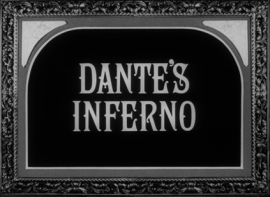
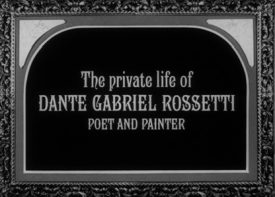
| "Dante's Inferno... shows Russell trying to
reconcile the contradiction between historical reality and
artistic reality which is at the heart of his experiments with
documentary form" (John Baxter, An Appalling Talent, 1973, ch2) |
Dante's Inferno, not the Italian poem but about the poet/painter Dante
Rossetti, from 1967. Oliver Reed again as Rossetti who out of love
buried his poetry with his dead lover, only later to have the body exhumed as his creative talents faded and he
needed the poems to sustain his reputation.
"His search for beauty did not end with his marriage to Elizabeth
Siddal, the shop-girl who had been his chaste fiancée for ten years and
his model for hundreds of idealised portraits. His wife's suicide filled
him with remorse and he buried his poems with her body. Seven years later
he had the body exhumed and recovered his poems, but not his peace of
mind..." (Radio Times, 22 Dec 1967, click
here) .
A typical Ken Russell start to a film with the unexpected,
the light shining on the coffin being raised, the poems pulled from the
skeleton's hand, followed by the carnival with Reed
jumping through a bonfire of books.
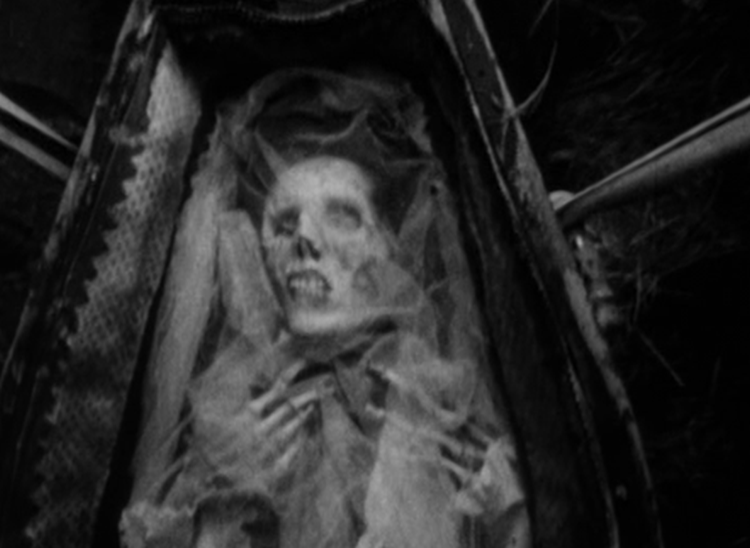
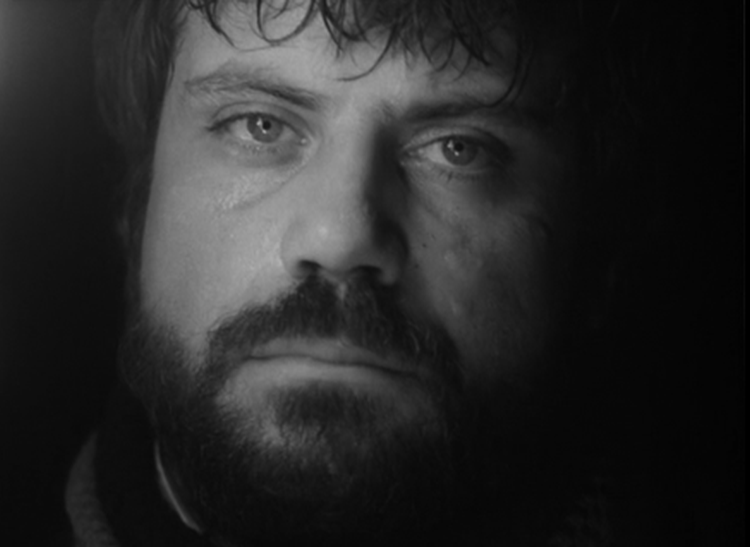
The film then tells the story leading up to these events.
Oliver Reed is convincing as Dante Rossetti the poet and painter
who formed the Pre-Raphael Brotherhood of painters and poets but whose life of excess
affected his creativity. "Oliver Reed's Rossetti is neither romanticised
nor sentimentalised; it is dead in keeping" (T.C. Worsley, Television: The
Ephemeral Art, 1970).
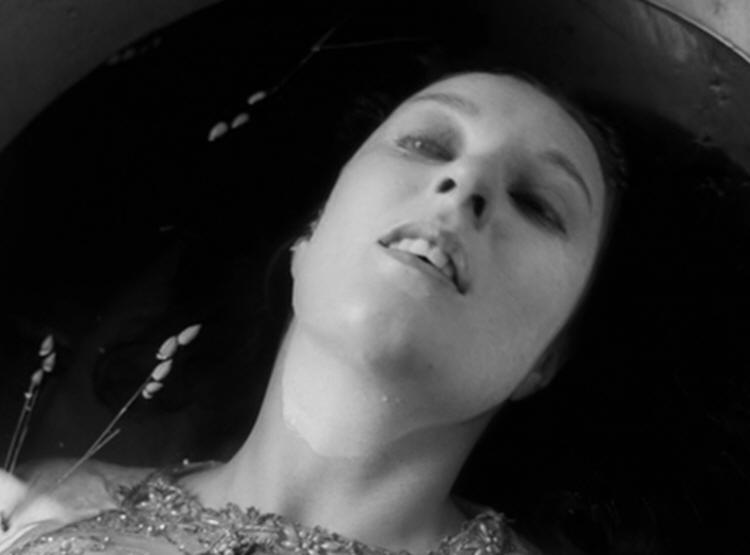
Judith Paris as Elizabeth Siddal, who would pose for paintings, here
as Ophelia drowning herself. She longs for marriage with Rossetti
however he strings her along and despite his attempts "after five years
of almost daily visits, Miss Siddal remains a virgin".
"‘Lizzie’ Siddal began as a model,
then learnt to paint, and also wrote poetry…. Although today Lizzie
Siddal’s willowy build, gaunt features and lustrous copper-coloured hair
are considered signs of beauty, in the 1850s being very thin was not
considered sexually attractive, and red hair was described by one female
journalist as “social suicide”. Through her modeling work and the
success of the paintings she appeared in, Lizzie helped change the
public opinion of beauty. The love story
between Siddal and Rossetti is like that of a tortured adolescent film
script: for 10 years they were ‘engaged’, but Rossetti refused to set a
wedding date. Neither was easy to live with: Siddal was addicted to the
drug laudanum, and Rossetti was serially unfaithful" (from The tragedy
of art’s greatest supermodel by Lucinda Hawksley, 31 Jul 2020 on BBC
Culture click
here
)."
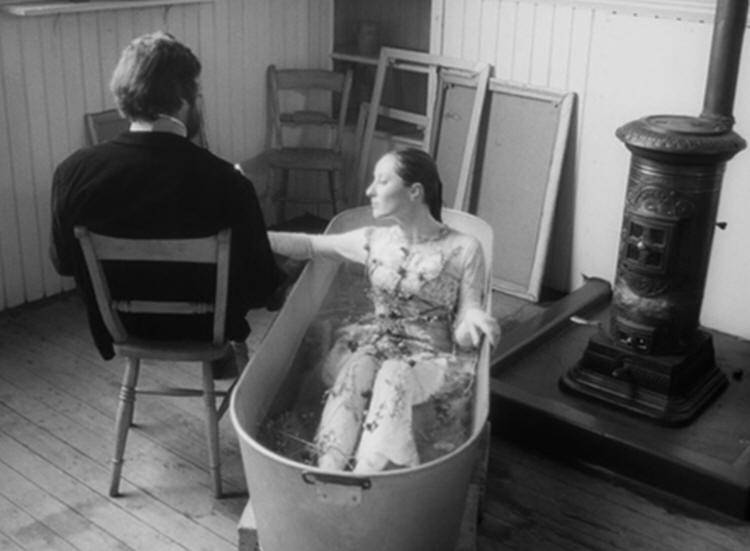
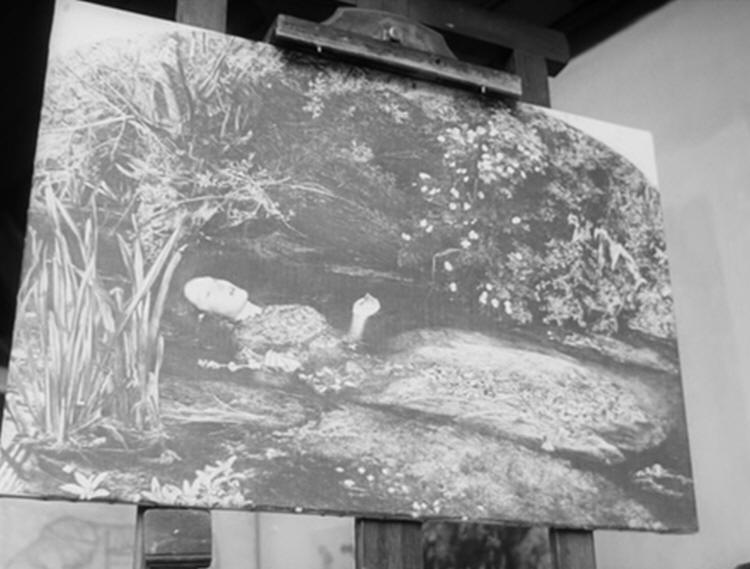
The preparations lead to fellow
Pre-Raphaelite brother John Everett Millais's Ophelia "Ophelia
represented an important period in the artist's career where he was at a
stage where he could devote the time required to each of his works and
was under no pressure to rush. Ophelia required great planning and the
artist took his time to capture everything correctly and as he had
intended. He would use his preferred model and carefully lie her in
water to capture the correct effects to her face and body as would have
occurred if she was at the bottom of the stream, as he was creating from
the original extract from a literature piece. Millais paintings have a
calmness in them, in most cases" (from John Everett Millais website
click here).
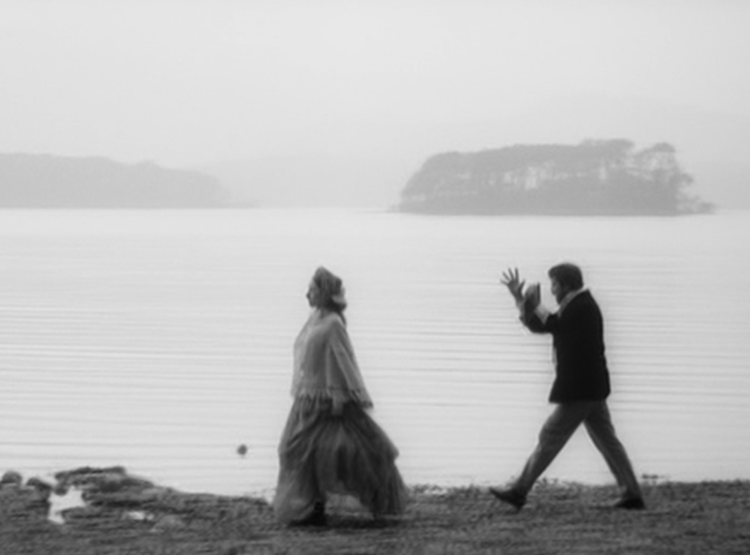
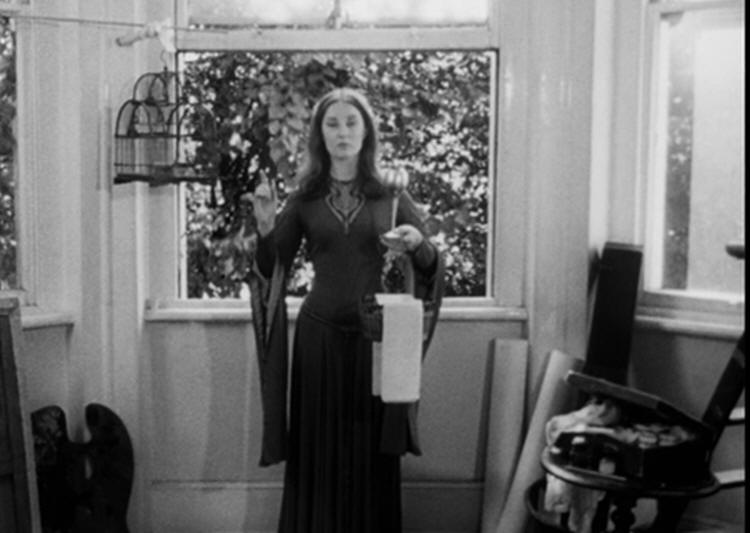
Another pose leading to Rossetti's Il Santo Graal.
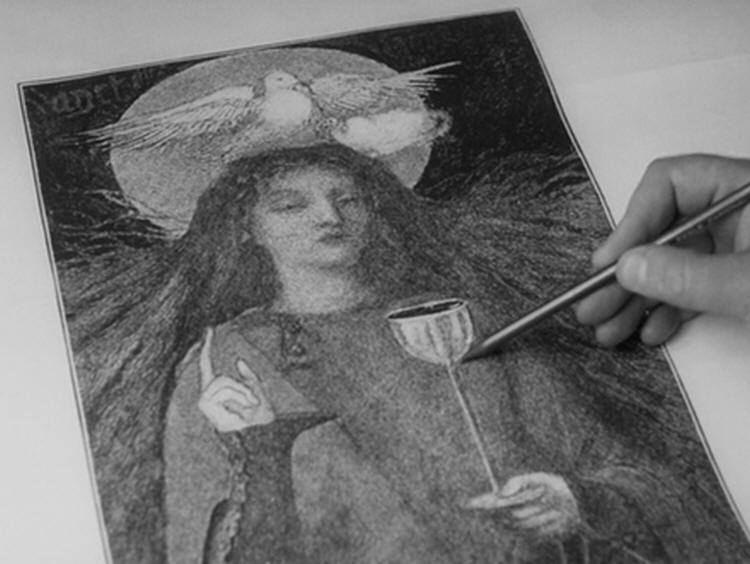
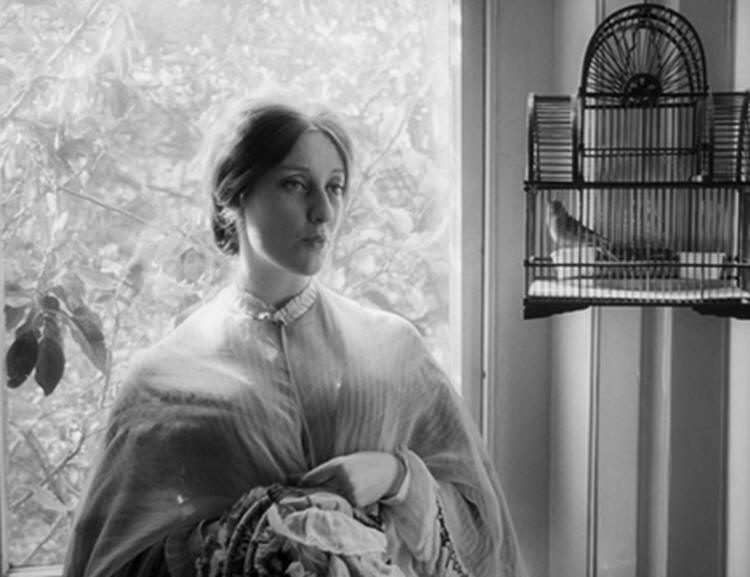
Just as Ken's films on composers are full
of music, here the film is packed with poetry and art, the words
linked to the images.
She fluted with her mouth as when one sips,
And gently waved her golden head, inclin'd
Outside his cage close to
the window-blind;
Till her fond bird, with little turns and dips,
Piped low to her of sweet companionships.
And when he made an end, some
seed took she
And fed him from her tongue, which rosily
Peeped as a
piercing bud between her lips.
And like the child in Chaucer, on whose
tongue
The Blessed Mary laid, when he was dead,
A grain,—who
straightway praised her name in song:
Even so, when she, a little
lightly red,
Now turned on me and laughed, I heard the throng
Of
inner voices praise her golden head.
Beauty And The Bird,
Dante Rossetti |
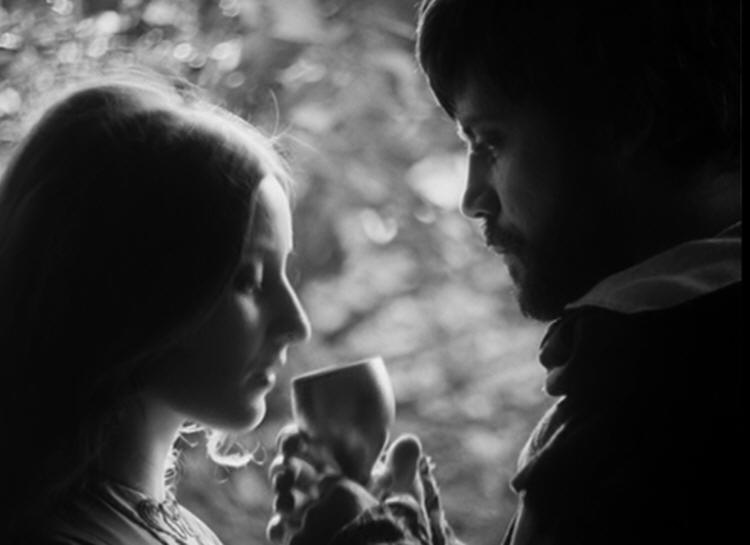
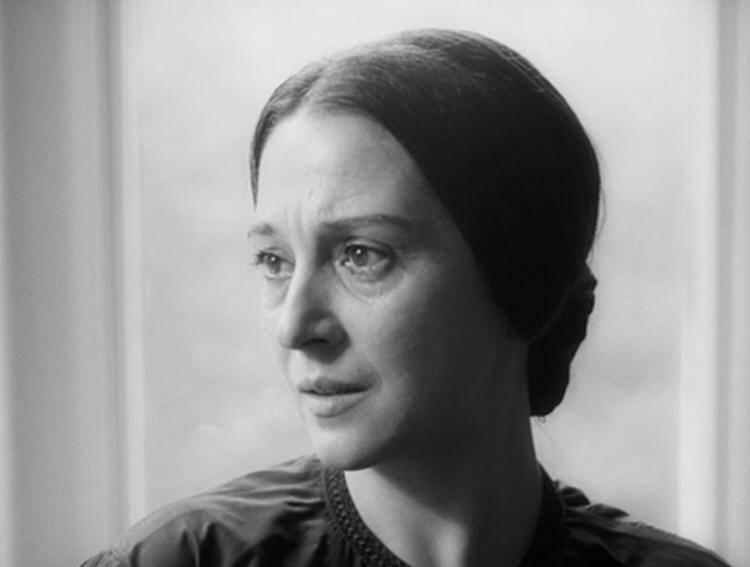
Christina Rossetti the sister played by Iza
Teller. She shows disdain for Elizabeth.
She was a poet “… her pious scrupulousness
seems at odds with the heartfelt emotion expressed in her poetry…Later
twentieth-century biographers, however, have tended to make more
intimate moves and have sought to decode the writings in terms of a
personal romantic disappointment” (Lindsay Duguid in Oxford Dictionary of
National Biography, 8 Jan 2009, click
here).
|
One face looks out from all his canvases,
One selfsame figure sits or walks or leans:
We found her hidden just
behind those screens,
That mirror gave back all her loveliness.
A
queen in opal or in ruby dress,
A nameless girl in freshest
summer-greens,
A saint, an angel - every canvas means
The same one
meaning, neither more nor less.
He feeds upon her face by day and
night,
And she with true kind eyes looks back on him,
Fair as the
moon and joyful as the light:
Not wan with waiting, not with sorrow
dim;
Not as she is, but was when hope shone bright;
Not as she is,
but as she fills his dream.”
In an Artist's studios, Christina
Rossetti
|
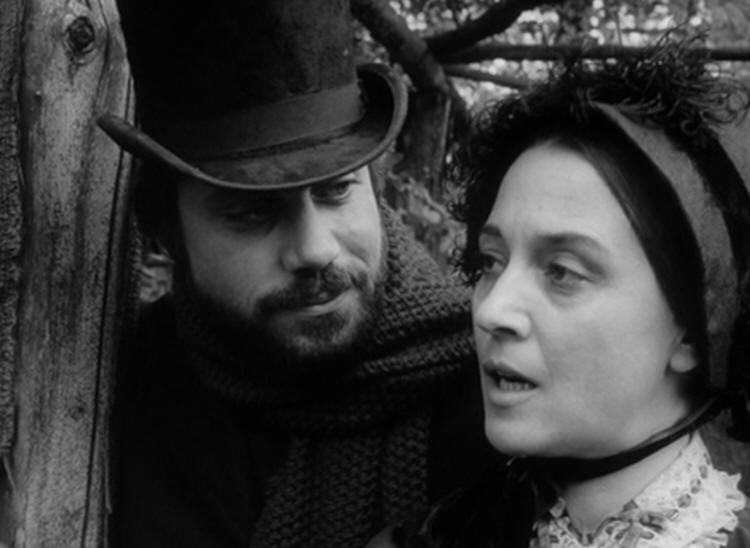
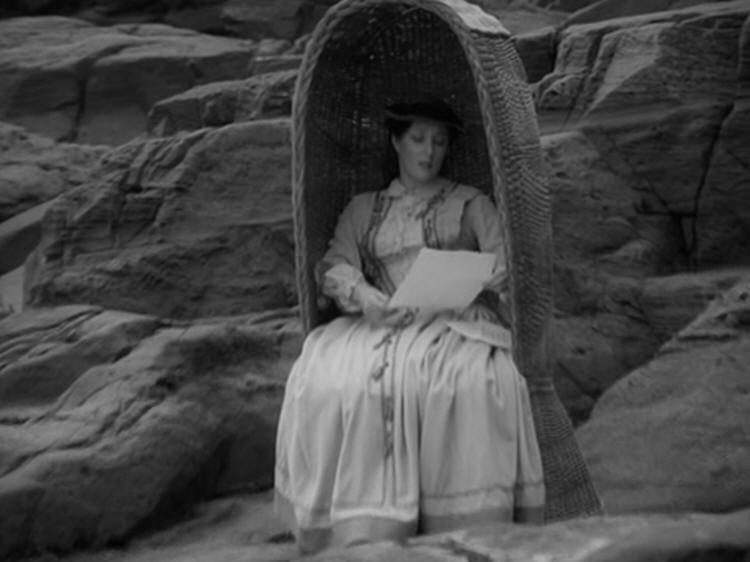
|
Yesterday was St. Valentine.
Thought you at
all, dear dove divine,
Upon the beard in sorry trim
And rueful
countenance of him,
That Orson who’s your valentine?
He daubed, you
know, as usual.
The stick would slip, then brush would fall:
Yet
daubed he till the lamplighter
Set those two seedy flames astir;
But
growled all day at slow St. Paul.
The bore was heard ere noon; the dun
Was at the door by half-past one:
At least ’tis thought so, but the
clock-
No Lizzy there to help its stroke-
Struck work before the day
begun.
At length he saw St. Paul’s bright orb
Flash back the serried
tide absorb
That burning West which it sucked up
Like wine poured in
a water-cup;
And one more twilight toned his daub.
Some time over
the fire he sat,
So lonely that he missed his cat;
Then wildly
rushed to dine on tick-
Nine minutes swearing for his stick,
And
thirteen minutes for his hat.
And now another day is gone:
Once more
that intellectual one
Desists from high minded pursuits,
And hungry,
staring at his boots,
Has not the strength to pull them on.
Come
back, dear Liz, and, looking wise
In that arm-chair which suits your
size,
Through some fresh drawing scrape a hole.
Your Valentine and
Orson’s soul
Is sad for those two friendly eyes.
A Valentine, Dante Rossetti
|
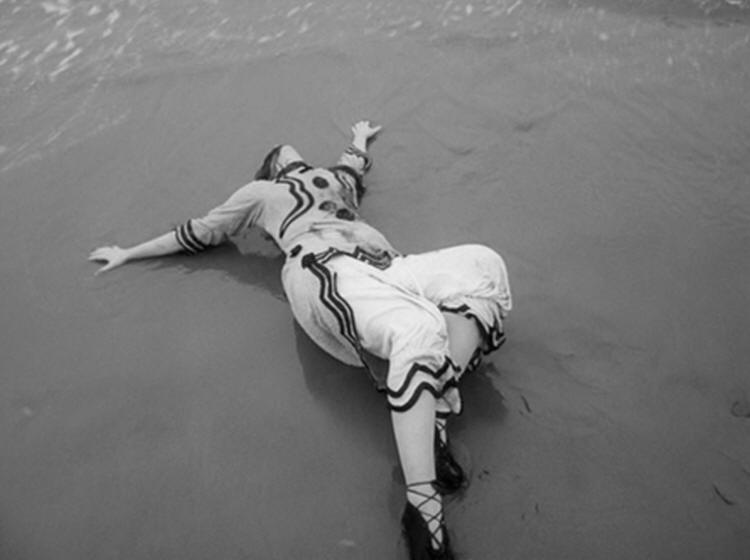
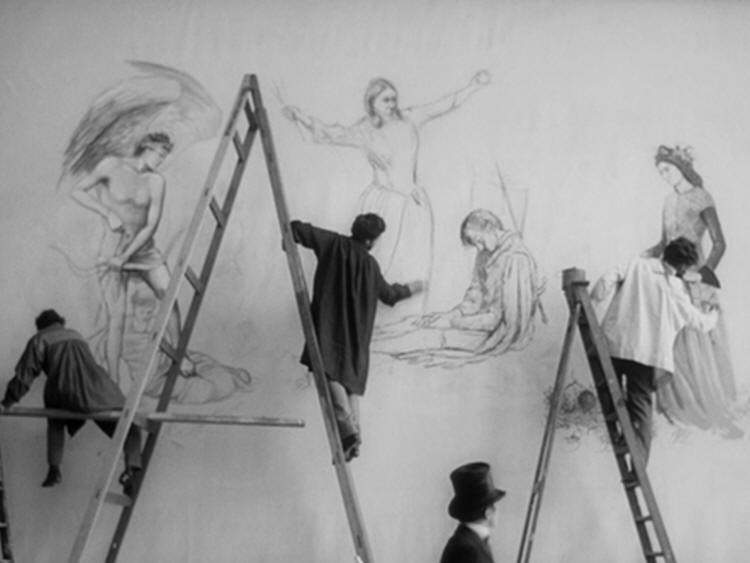
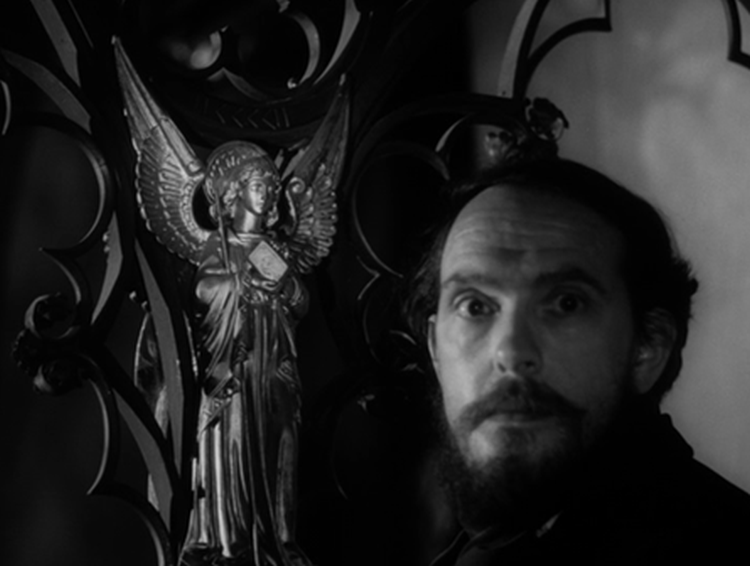
Russell regular Andrew Faulds as William Morris beside religious
imagery "At the age of 18, Morris enrolled as a student at the
University of Oxford in preparation to join the clergy... Having become
disillusioned with the church during his studies, Morris... instead
decided to pursue a creative life and left for London where they met the
Pre-Raphaelite painter, Dante Gabriel Rossetti. Morris was most
recognised in his lifetime for his contribution to Victorian poetry and
is the author of many poetical works… Morris died on 3rd October 1896 at
the age of 62, leaving behind some of the most iconic pieces of
decorative art of the nineteenth century" (Who was William Morris? by
Emily Carrington Freeman on the National Trust website click
here).
|
My lady seems of ivory
Forehead, straight
nose, and cheeks that be
Hollowed a little mournfully.
Beata mea
Domina!
Her forehead, overshadowed much
By bows of hair, has a
wave such
As God was good to make for me.
Beata mea Domina!
Not greatly long my lady's hair,
Nor yet with yellow color fair,
But thick and crispèd wonderfully:
Beata mea Domina!
Heavy
to make the pale face sad,
And dark, but dead as though it had
Been forged by God most wonderfully
Beata mea Domina!
Of some
strange metal, thread by thread,
To stand out from my lady's head,
Not moving much to tangle me.
Beata mea Domina!
Beneath her
brows the lids fall slow,
The lashes a clear shadow throw
Where I
would wish my lips to be.
Beata mea Domina!
Her great eyes,
standing far apart,
Draw up some memory from her heart,
And gaze
out very mournfully;
Beata mea Domina!
So beautiful and kind
they are,
But most times looking out afar,
Waiting for something,
not for me.
Beata mea Domina!
Praise of My Lady, William Morris
|
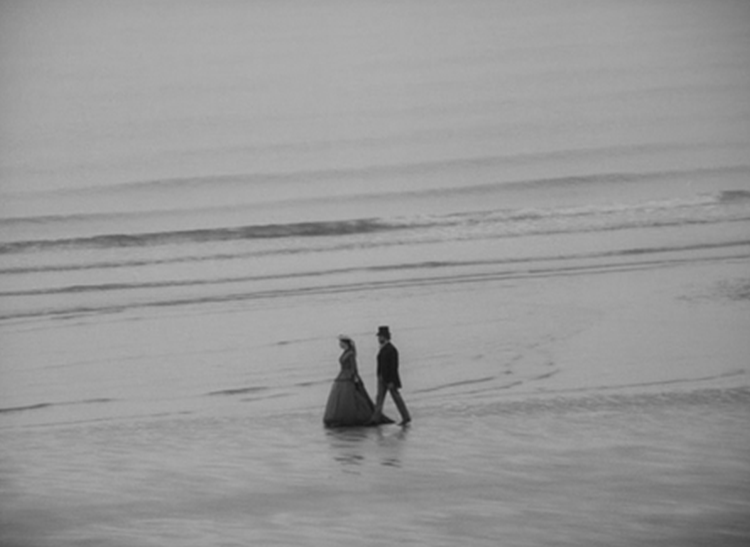
So it is, my dear.
All such things touch
secret strings
For heavy hearts to hear.
So it is, my dear.
Very
like indeed:
Sea and sky, afar, on high,
Sand and strewn seaweed,?
Very like indeed.
But the sea stands spread
s one wall with the flat
skies,
Where the lean black craft like flies
Seem well-nigh
stagnated,
Soon to drop off dead.
Seemed it so to us
When I was
thine and thou wast mine,
And all these things were thus,
But all
our world in us?
Could we be so now?
Not if all beneath heaven's
pall
Lay dead but I and thou,
Could we be so now!
Even So,
Dante Rossetti |
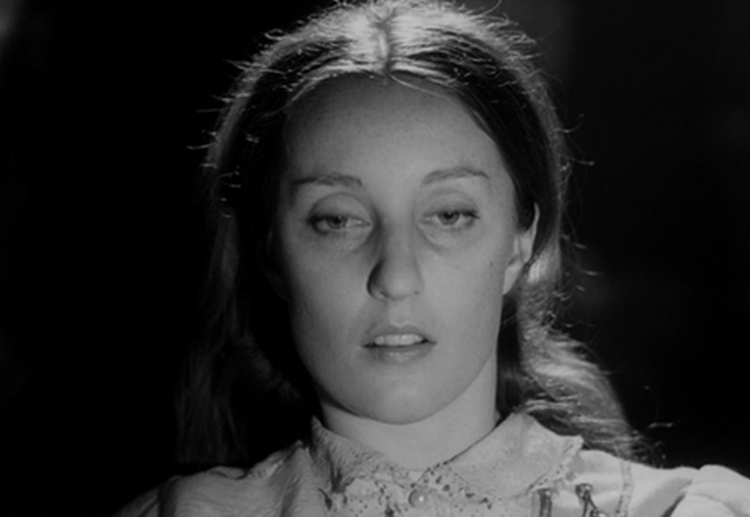
Now married to Rossetti Elizabeth loses her baby and becomes addicted
to laudanum.
|
As when desire, long darkling, dawns, and first
The mother looks upon the new-born child,
Even so my Lady stood at gaze
and smiled
When her soul knew at length the Love it nursed.
Born
with her life, creature of poignant thirst
And exquisite hunger, at her
heart Love lay
Quickening in darkness, till a voice that day
Cried
on him, and the bonds of birth were burst.
Bridal Birth, Dante Rossetti
|
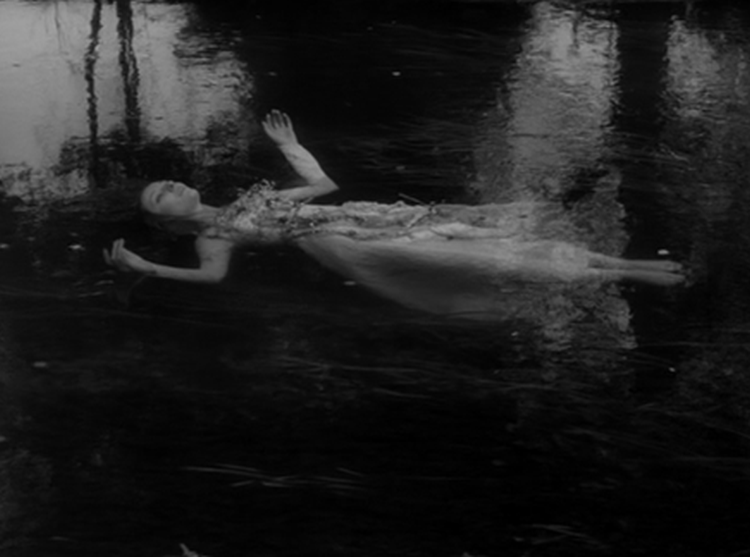
When life becomes too much she commits suicide.
|
…
I am gazing upwards to the sun,
Lord, Lord, remembering my lost one.
O Lord, remember me!
How is it
in the unknown land?
Do the dead wander hand in hand?
God, give me
trust in thee.
Do we clasp dead hands and quiver
With an endless joy
for ever?
from Lord May I Come?
Elizabeth Eleanor Siddal
|
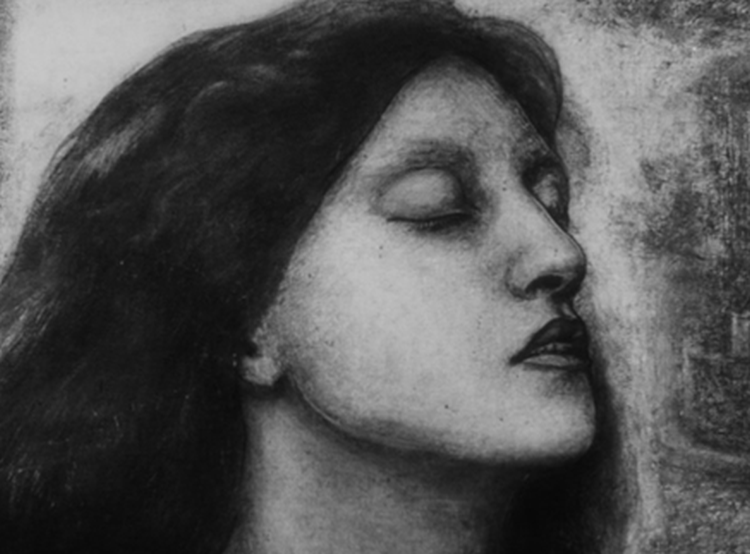
This is her picture as she was:
It seems a thing to wonder
on,
As though mine image in the glass
Should tarry when myself
am gone.
I gaze until she seems to stir,—
Until mine eyes almost
aver
That now, even now, the sweet lips part
To breathe the
words of the sweet heart:—
And yet the earth is over her.
Alas! even such the thin-drawn ray
That makes the prison-depths more
rude,—
The drip of water night and day
Giving a tongue to
solitude.
Yet only this, of love's whole prize,
Remains; save
what in mournful guise
Takes counsel with my soul alone,—
Save
what is secret and unknown,
Below the earth, above the skies.
…
Here with her face doth memory sit
Meanwhile, and wait the
day's decline,
Till other eyes shall look from it,
Eyes of the
spirit's Palestine,
Even than the old gaze tenderer:
While hopes
and aims long lost with her
Stand round her image side by side,
Like tombs of pilgrims that have died
About the Holy Sepulchre.
from The Portrait Dante Gabriel Rossetti
|
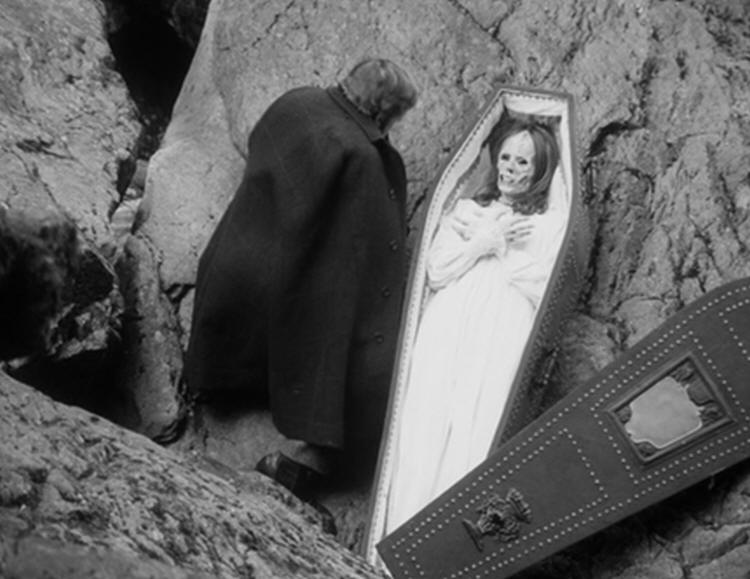
Rossetti's nightmare.
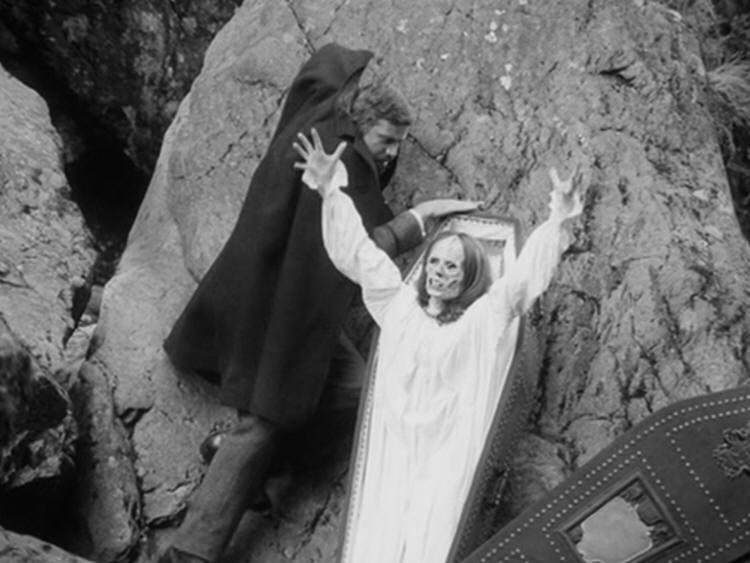
Of Heaven or Hell I have no power to
sing,
I cannot ease the burden of your fears,
Or make
quick-coming death a little thing,
Or bring again the pleasure of
past years,
...
from Prologue of the Earthly Paradise,
William Morris |
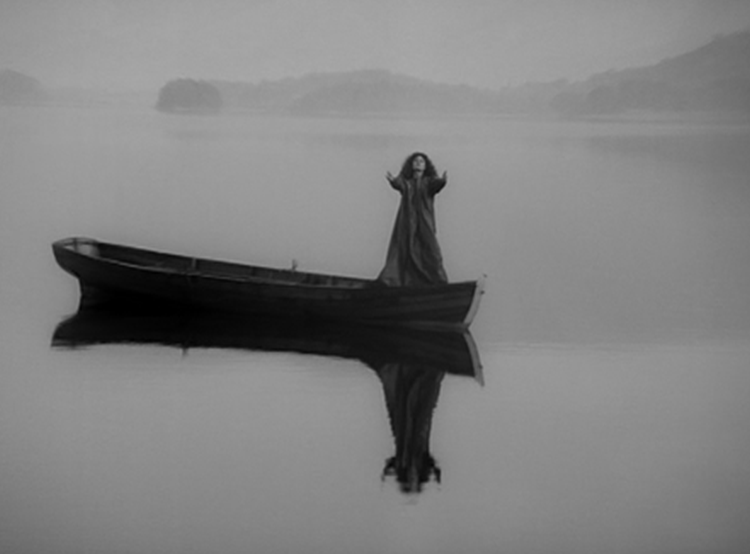
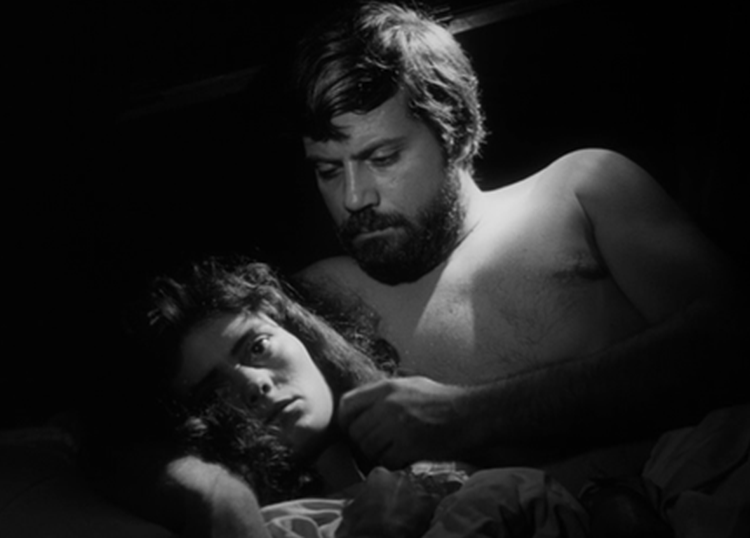
This hour be her sweet body all my song.
Now the same
heart-beat blends her gaze with mine, -
One parted fire, Love’s
silent countersign:
Her arms lie open, throbbing with their throng
Of confluent pulses, bare and fair and strong:
And her deep-freighted
lips expect me now,
Amid the clustering hair that shrines her brow
Five kisses broad, her neck ten kisses long.
Lo, Love! thy heaven
of Beauty; where a sun
Thou shin’st; and art a white-winged moon to
press
By hidden paths to every hushed recess;
Yea, and with
sinuous light endings here anon
Of passionate change, an instant seen
and gone,
Shalt light the tumult of this loveliness.
First Fire, Dante Gabriel Rossetti
|
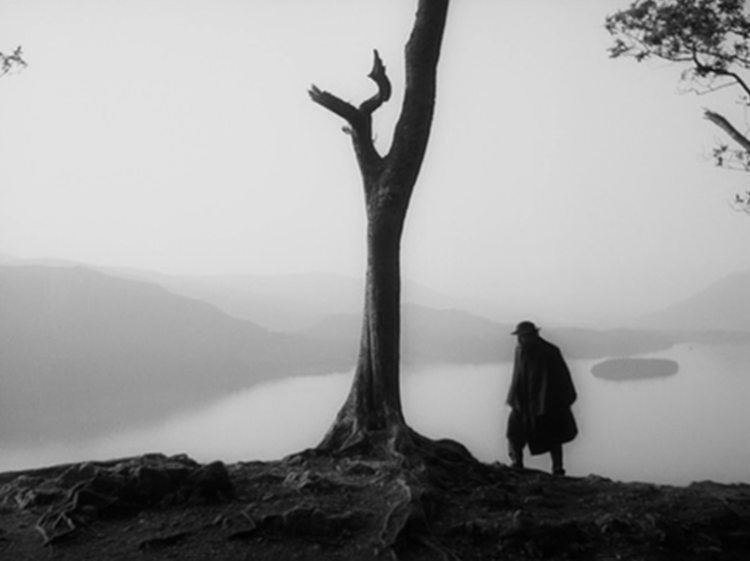
|
The lost days of my life until to-day,
What were they, could I
see them on the street
Lie as they fell? Would they be ears of wheat
Sown once for food but trodden into clay?
Or golden coins squandered
and still to pay?
Or drops of blood dabbling the guilty feet?
Or
such spilt water as in dreams must cheat
The throats of men in Hell,
who thirst always?
I do not see them here; but after death
God
knows I know the faces I shall see,
Each one a murdered self, with
low last breath.
‘I am thyself, - what hast thou done to me?’
‘And
I- and I- thyself,’ (lo! each one saith,)
‘And thou thyself to all
eternity!’
Lost Days, Dante Gabriel Rossetti
|
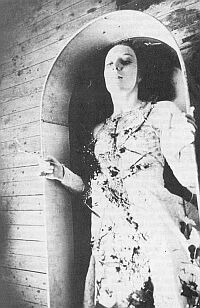
Ah! dear one, we were young so long,
It seemed that youth would
never go,
For skies and trees were ever in song
And water in
singing flow
In the days we never again shall know.
Alas, so long!
Ah! then was it all Spring weather?
Nay, but we were young and
together.
Ah! dear one, I've been old so long,
It seems that age
is loth to part,
Though days and years have never a song,
And oh!
have they still the art
That warmed the pulses of heart to heart?
Alas, so long!
Ah! then was it all Spring weather?
Nay, but we
were young and together.
Ah! dear one, you've been dead so long,—
How long until we meet again,
Where hours may never lose their song
Nor flowers forget the rain
In glad moonlight that never shall wane?
Alas, so long!
Ah! shall it be then Spring weather,
And ah! shall
we be young together?
Alas so long, Dante Gabriel Rossetti
|
One of Russell's best works, full of atmosphere, imagery,
lighting. "First of all, Mr. Russell gives the impression of being
in total command of the medium" (T.C. Worsley, Television: The Ephemeral
Art, 1970).
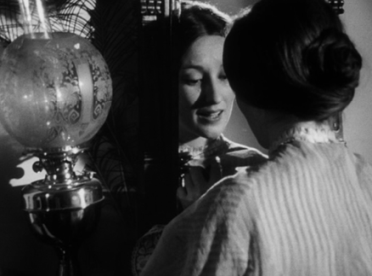
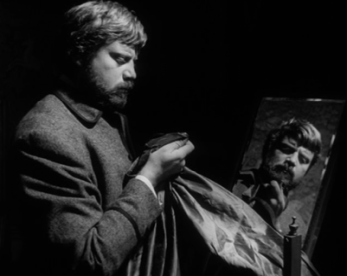
Ken regularly photographs people with their mirror images,
here both confess to their reflections.
"His most persuasive examination
of the contrast between artistic creation and the needs of the
flesh, with scenes of disturbing grotesquerie balanced by erotic
interludes. Dante's Inferno also shows Russell trying to
reconcile the contradiction between historical reality and
artistic reality which is at the heart of his experiments with
documentary form" (John Baxter, An Appalling Talent, ch2)
Alongside Reed are Judith Paris, Andrew Faulds, Iza Teller as Christina
Rossetti and Gala Mitchell. Derek Boshier, one of the
artists from Pop Goes the Easel, plays Millais. The
script was co-written by Russell and Austin Frazer with Frazer giving
the commentary.
Cinematography was by Nat Crosby. Costumes were
by Shirley Kingdon, who would marry Ken and continue her career as
Shirley Russell. Editing is by Russell regulars Michael Bradsell and
Roger Crittenden.
Music includes
-
Henze Invocation of Apollo, Symphony 3
-
Prokofiev Symphony 3
-
Ireland The Forgotten Role
-
Suppé La belle Galatée overture
-
Ketelbey In a Persian Market
-
Walton Richard III prelude
-
Messiaen L'Heure Vient Ou Les Mort
-
Lidholm Rites II Procession
-
Holst, Planets Suite
Brian Hoyle in the DVD notes states that the 90
minute film cost £19,000.
Ken's credit includes a photo of William Herschel,
not someone in the film but according to the International Photography
Hall of Fame and Museum he established the term photography
"Although the word 'photography' was used as early as 1932 by Professor
Stenger, it was Herschel’s paper that finally gave photography a common
nomenclature" (click
here).
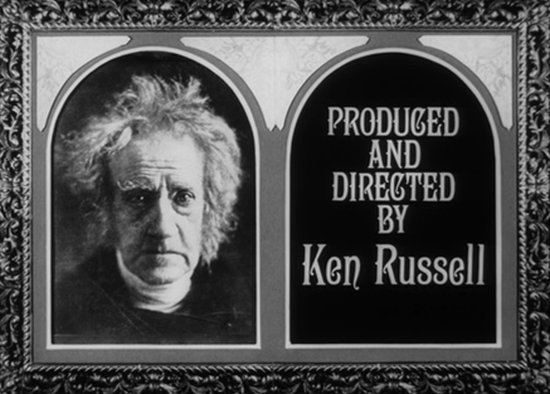
All images from the DVD of the film.
|






























